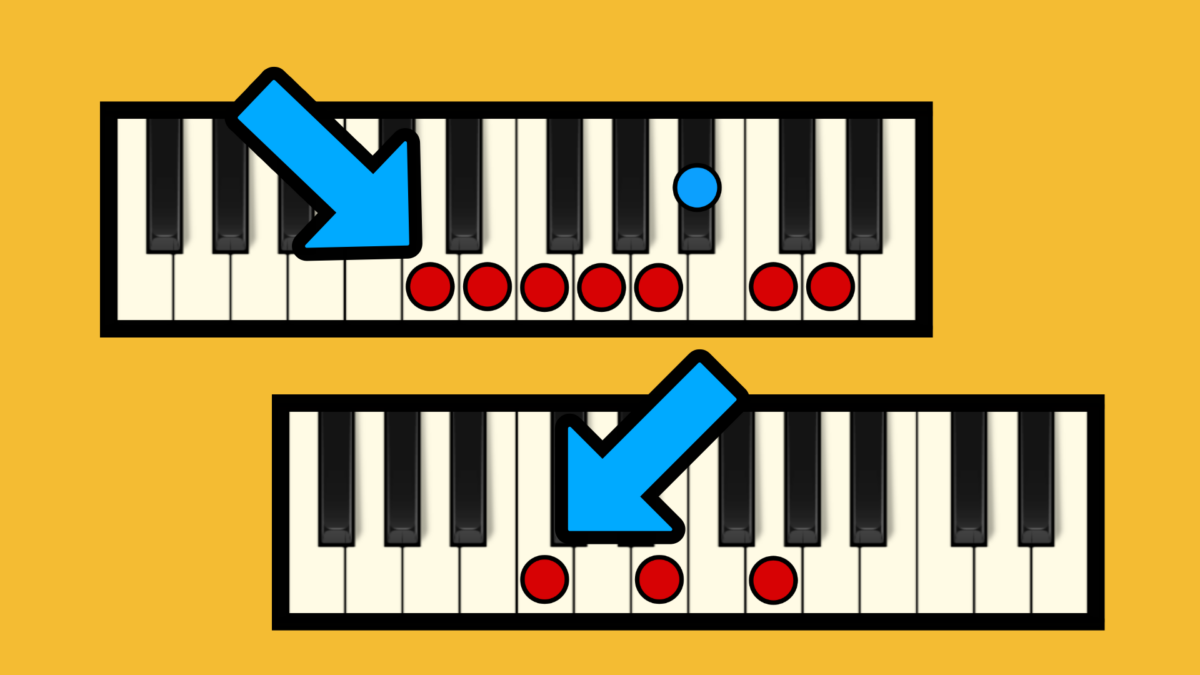 What does Tonic mean in Music?
What does Tonic mean in Music?
In music, the tonality is based on the scale and key of your composition. This central note is called the “tonic”, and it is the fundamental tonal centre of your music.
In almost all cases, this tonal centre stays the same during the entire song, but sometimes the composer makes a modulation to another key, which indeed changes the tonality (tonic).
For example: if the song is written in E minor, then E is the tonic (the tonal centre of the composition).
What does Root mean in Music?
The root is often confused with the tonic, because some people refer to the tonic as the “root note of the scale”. The root note is actually the fundamental note of the current chord being played in the music.
For example: if you have a chord progression going from F Major to A Minor and then to C Major. Even if you use different inversions for each chord, the root notes for these chords will be: F, A and C. In fact, all chords are named from their root note.
Why the Tonal Centre Matters
Both the tonic and the root are “tonal centres”, meaning that they serve as harmonic anchors inside your composition.
This harmonic anchor acts as a guide for the listener, both the tonic to set the overall harmonic language and tonality, and the root notes for each chord as the base for the harmonic story that you tell with your music.
If you want to confuse the listener, add tension, perhaps even a sense of chaos…you can break away from this harmonic guide.
You can do this by using non-diatonic chords, or by changing the key for a specific section, or even modulating to a different key which always will add a sense of surprise and twist to the music story.
